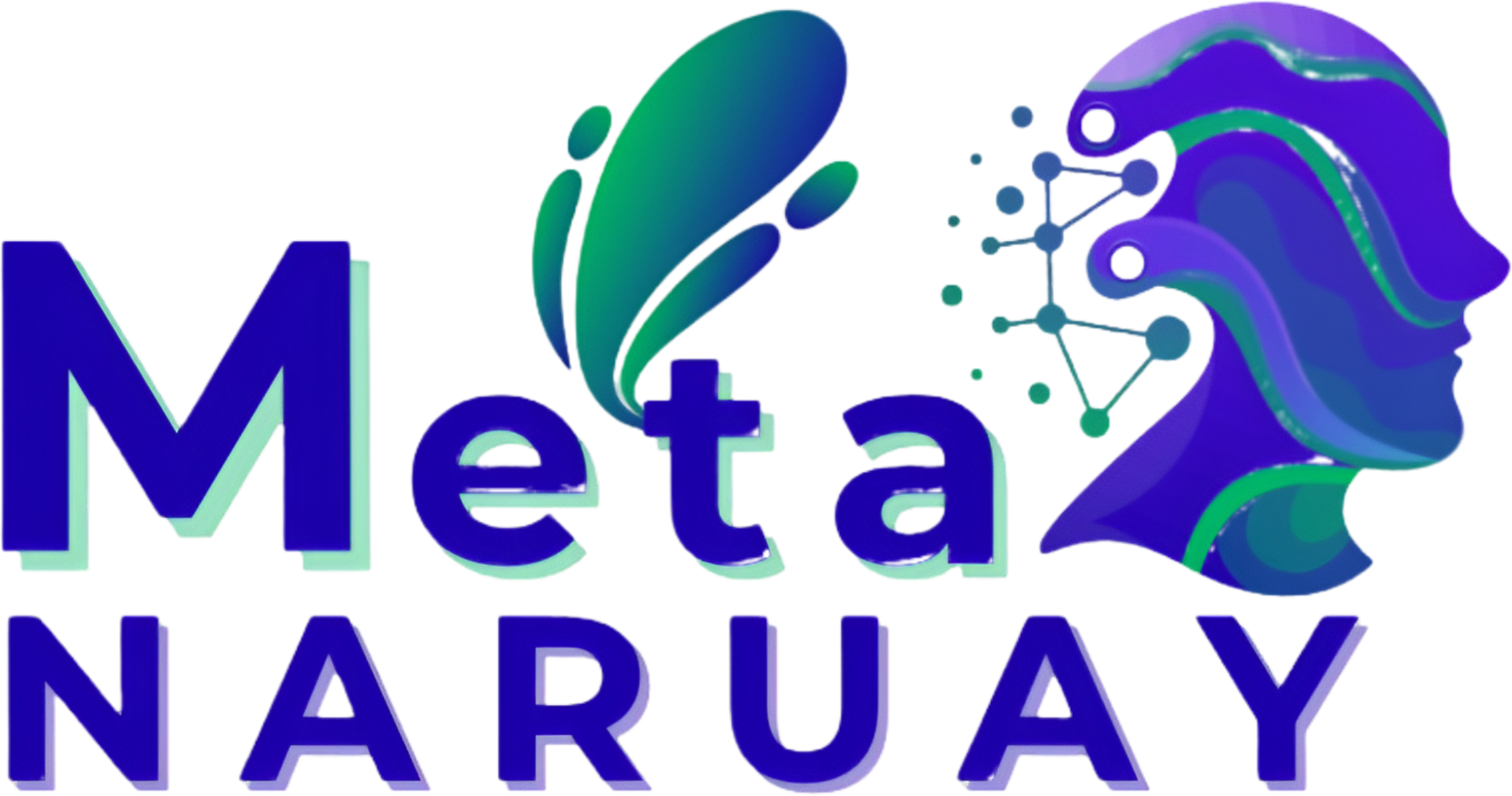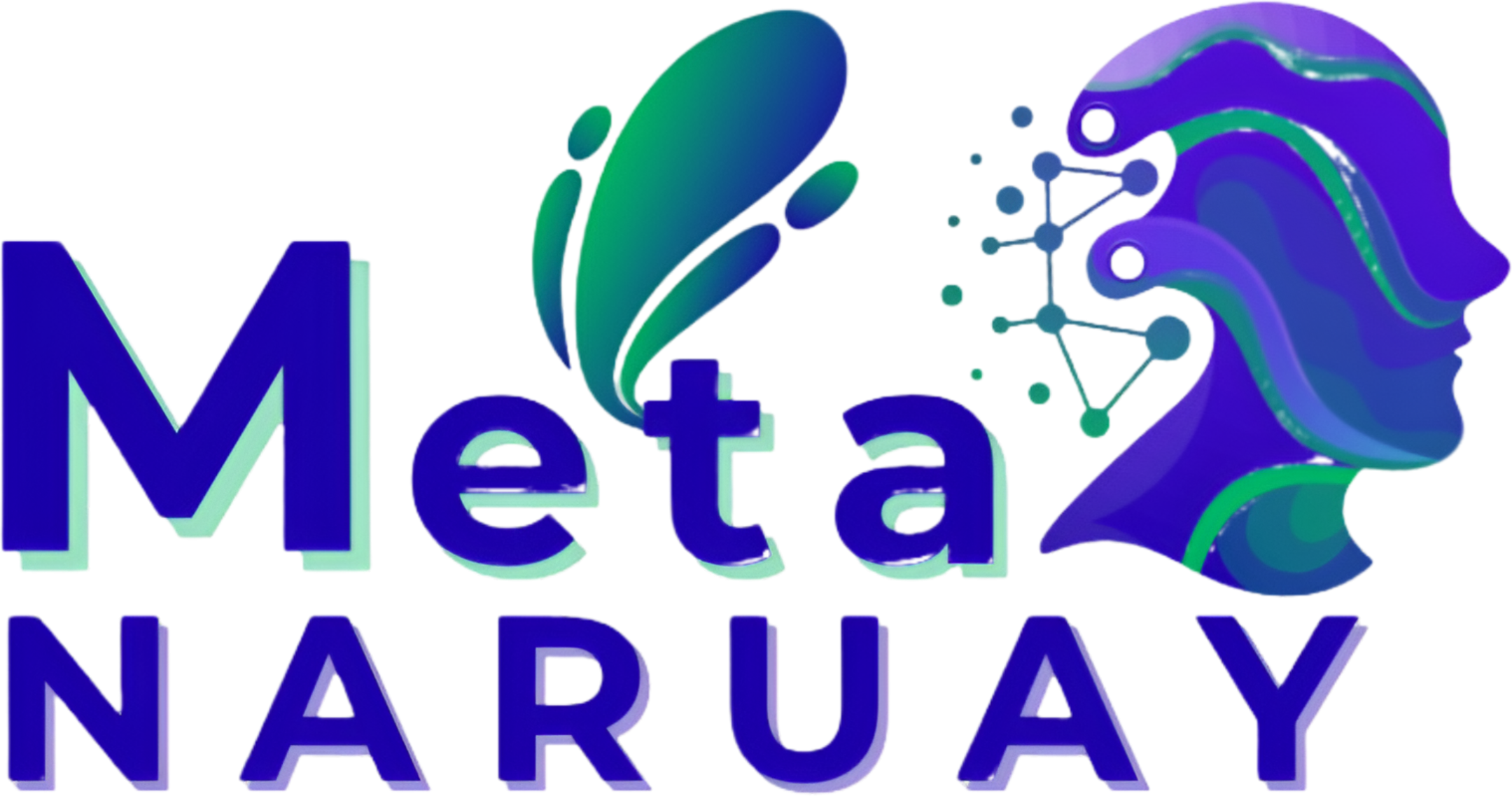The Decentralized Trading Platform Market is rapidly evolving as the demand for secure, transparent, and efficient trading solutions grows among investors and traders. Decentralized trading platforms (DTPs) enable users to trade cryptocurrencies and other digital assets directly with one another without the need for intermediaries, such as traditional exchanges. This shift towards decentralization is driven by several factors, including the desire for greater control over assets, enhanced privacy, and reduced reliance on centralized authorities. This article explores the current landscape of the decentralized trading platform market, highlighting key trends, challenges, and opportunities for stakeholders.
One of the primary advantages of decentralized trading platforms is the increased security they offer. By eliminating intermediaries, DTPs reduce the risk of hacking and fraud that often plagues centralized exchanges. Users retain control over their private keys, ensuring that their assets are secure from potential breaches. This heightened security is particularly appealing to investors who prioritize the safety of their digital assets.
Moreover, decentralized trading platforms promote transparency and fairness in the trading process. Transactions are recorded on the blockchain, providing a public ledger that can be audited by anyone. This transparency helps build trust among users, as they can verify the integrity of trades and the platform's operations. Additionally, DTPs often operate on open-source protocols, allowing developers to contribute to the platform's improvement and security.
The decentralized trading platform market is also witnessing significant technological advancements. Innovations such as automated market makers (AMMs) and liquidity pools are transforming how trades are executed. AMMs allow users to trade assets directly against a liquidity pool rather than a traditional order book, enabling more efficient price discovery and reducing slippage. As these technologies continue to develop, they are likely to attract more users to decentralized platforms.
In conclusion, the decentralized trading platform market represents a significant opportunity for innovation and growth as users seek more secure, transparent, and efficient trading solutions. As the market evolves, stakeholders must remain agile and responsive to capitalize on the opportunities presented by this dynamic industry.



